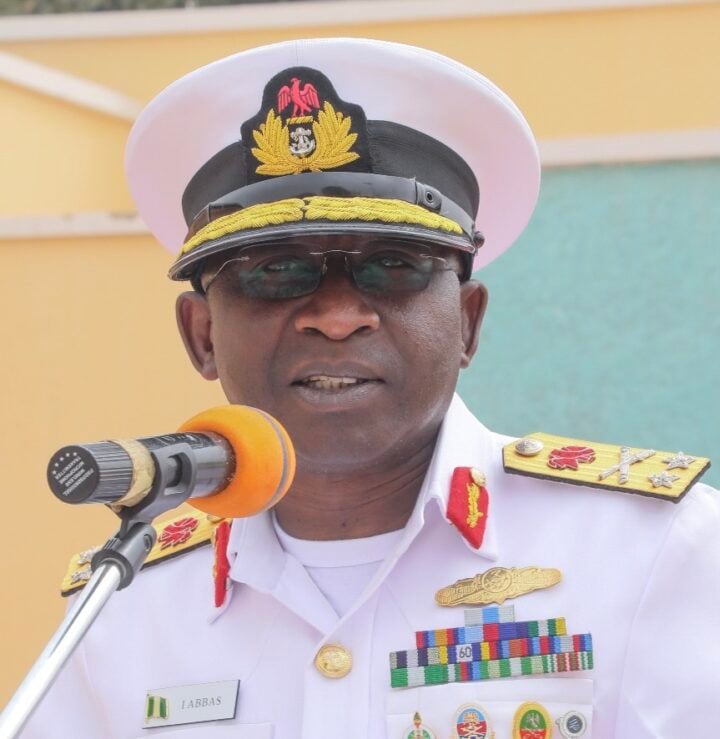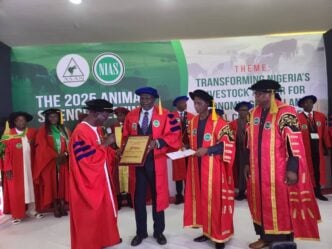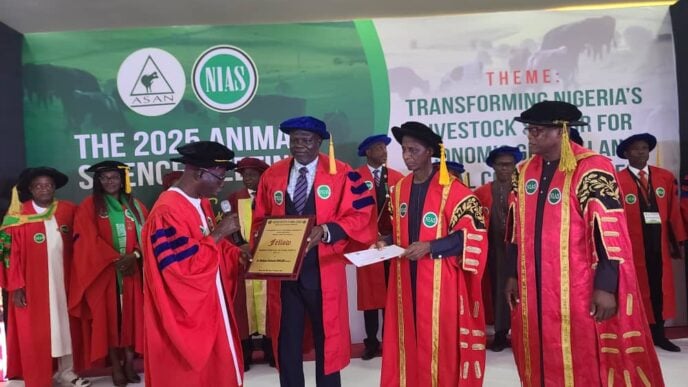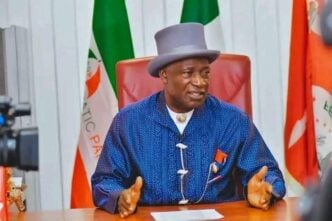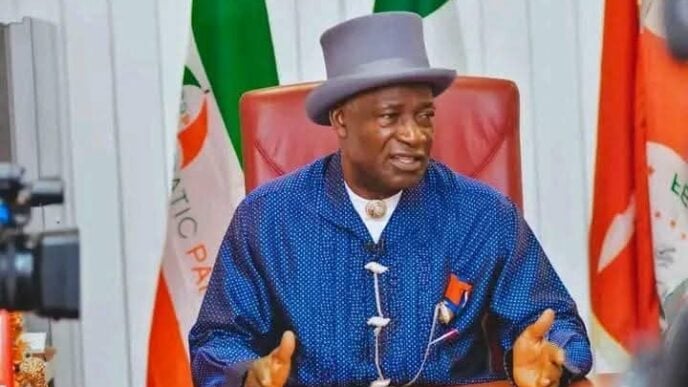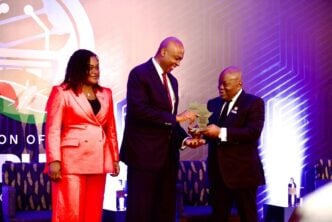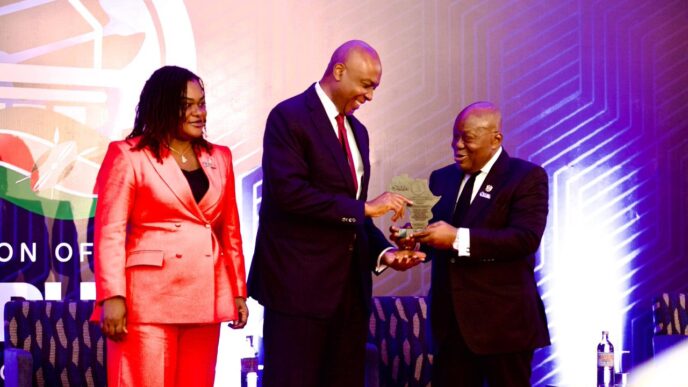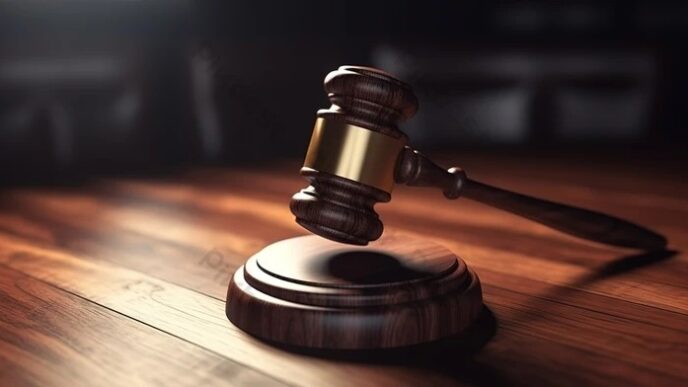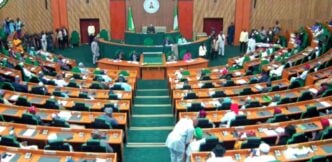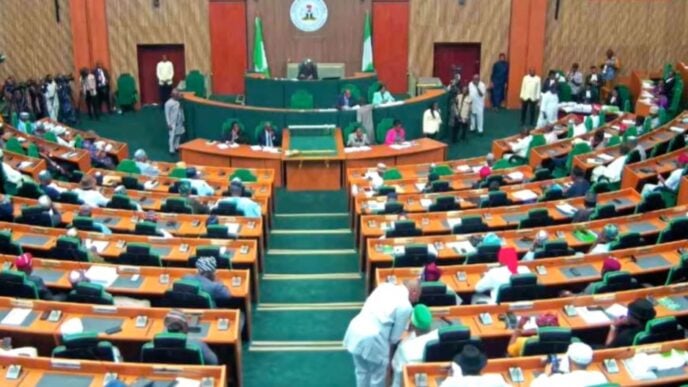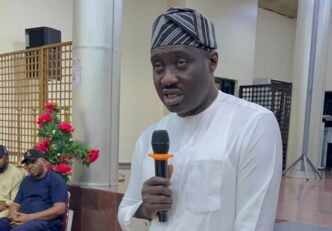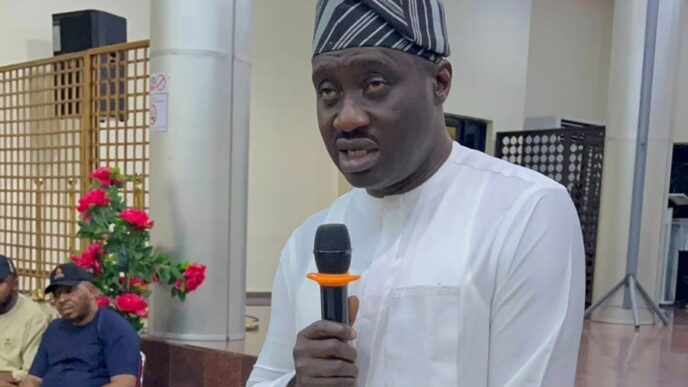Idi Abbas
Idi Abbas, chief of naval staff-designate, says the Nigerian Navy will adopt advanced technology, including drones and artificial intelligence, to modernise its operations and tackle maritime crime across the country’s waterways.
Speaking during his screening by the senate on Wednesday, Abbas said the navy would prioritise technological innovation over traditional fuel-heavy patrols for smarter, faster, and more cost-efficient approach to maritime security.
“We will incorporate more technology, including the use of drones, to tackle maritime crime,” he said.
“A lot of resources are currently wasted fuelling boats to reach remote areas. Technology will help us respond faster and more effectively.”
Advertisement
He said the navy was committed to improving operational efficiency and reducing costs through innovation, adding that surveillance tools would be central to preventing oil theft and illegal bunkering.
“We already have structures in place to curb maritime crimes, but I intend to incorporate more technology, especially drones,” he said.
“Some of our patrols do not yield expected results because of the nature of the terrain, and resources are often wasted on fuel. Using drones will allow us to monitor these areas more effectively.”
Advertisement
Responding to a question from Olamilekan Solomon, senator representing Ogun west and senate committee chair on appropriation, Abbas said oil theft persists mainly in hard-to-reach creeks and coastal areas.
“The theft may appear minimal individually, but when accumulated, it becomes substantial. We’re exploring drone technology to monitor and control these leakages,” he said.
He explained that the navy had made progress in blocking the use of large offshore tankers to ferry stolen crude, adding that digital monitoring systems were being deployed to track illicit movements.
Abbas also dismissed the proposal for a separate coast guard, describing it as unnecessary and counterproductive.
Advertisement
“We don’t need a separate coast guard because the Nigerian Navy already performs those functions,” he said.
“Creating another agency would only duplicate efforts. It’s better to channel those funds toward boosting naval operations.”
He noted that a special operations command had been established in Makurdi, Benue state, to enhance security along the inland waterways between Benue and Lokoja.
The naval chief expressed support for the army’s de-radicalisation initiative for repentant criminals but called for empathy towards victims’ families.
Advertisement
“Deradicalising repentant criminals is a good idea, but we must also think of the moral burden. Families who lost loved ones to these criminals should be consulted before amnesty is granted,” he said.
Abbas reaffirmed the navy’s commitment to its total spectrum maritime strategy, which, he said, addresses major security challenges such as piracy, oil theft, kidnapping, and banditry.
Advertisement
“The challenges we face cannot be solved by the military alone. It requires a whole-of-society approach,” he said.
“We must synergise across the armed forces and with civil institutions to make Nigeria safer.”
Advertisement
On Tuesday, President Bola Tinubu formally requested the senate’s confirmation of the newly appointed service chiefs.
Senate President Godswill Akpabio read Tinubu’s letter during Tuesday’s plenary.
Advertisement
Tinubu nominated Abbas as chief of naval staff; Olufemi Oluyede as chief of defence staff; Wahidi Shaibu as chief of army staff; Kennedy Aneke as chief of air staff; while Emmanuel Undiendeye was retained as chief of defence intelligence.
